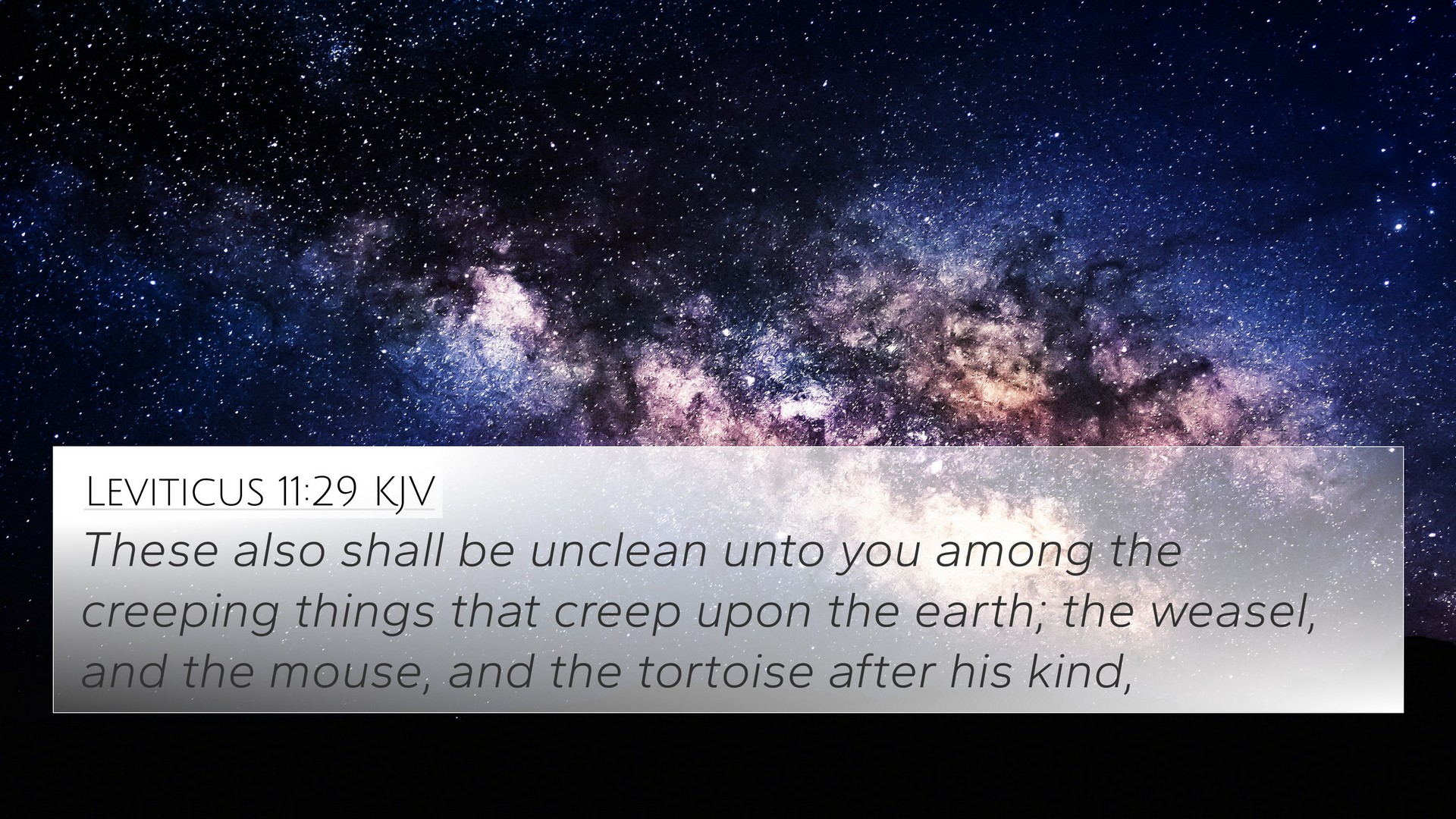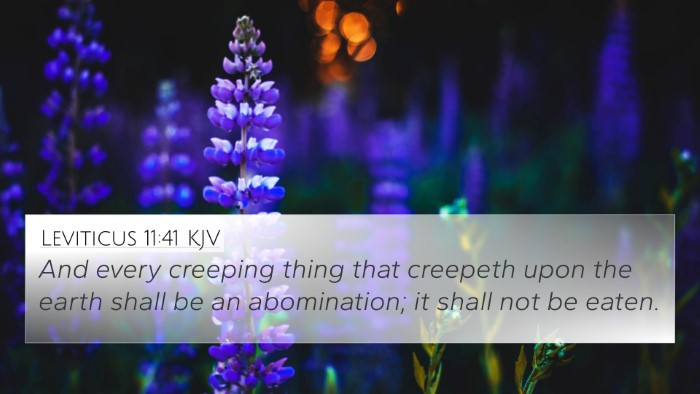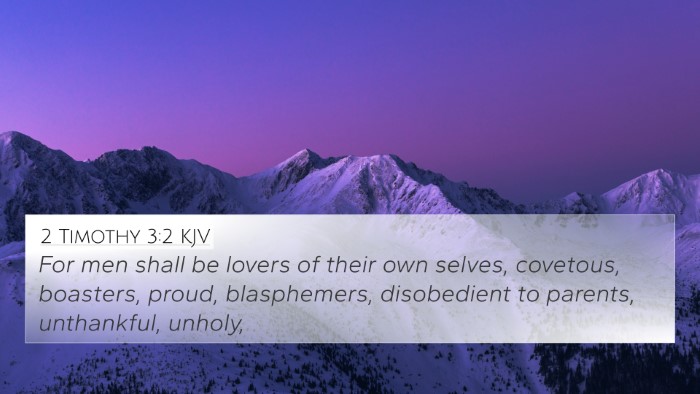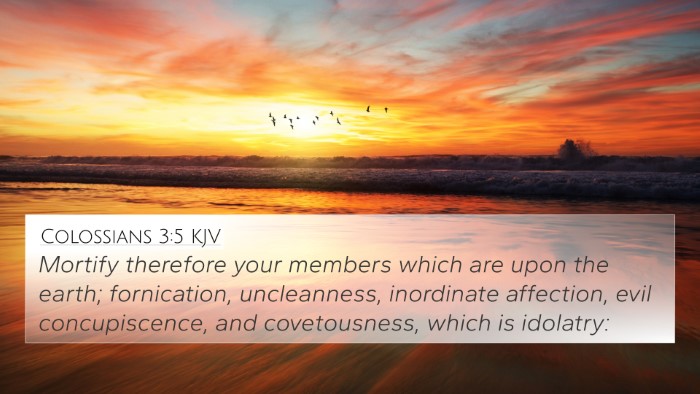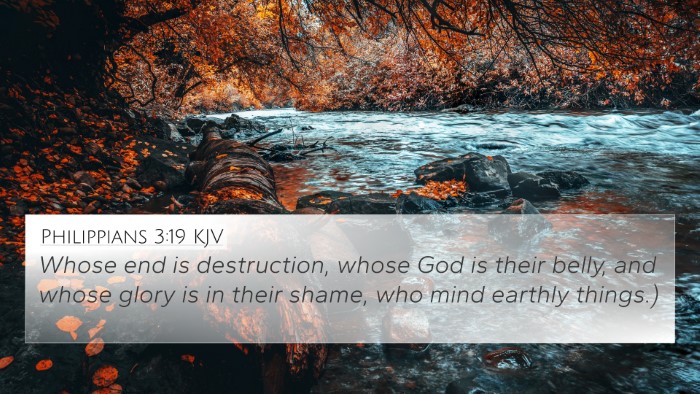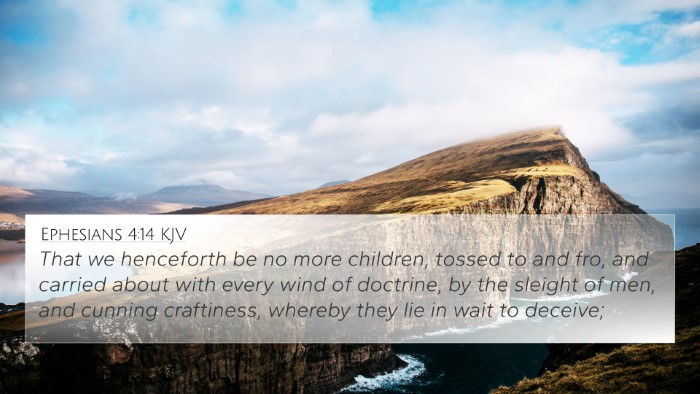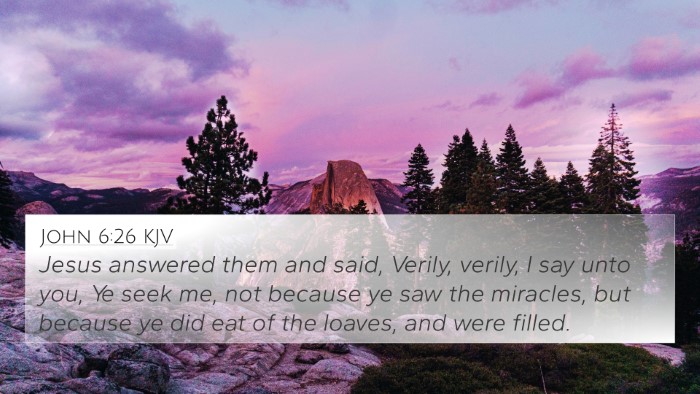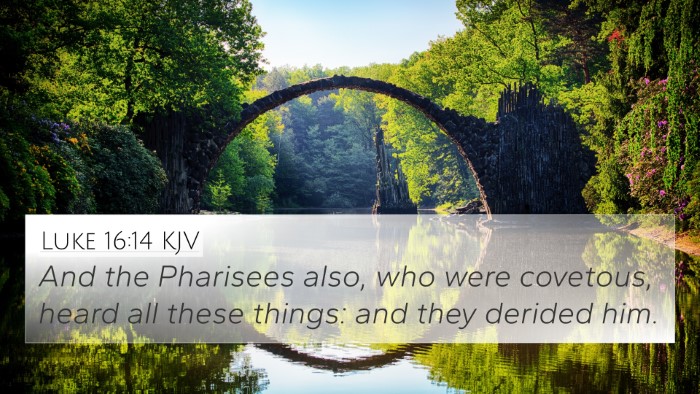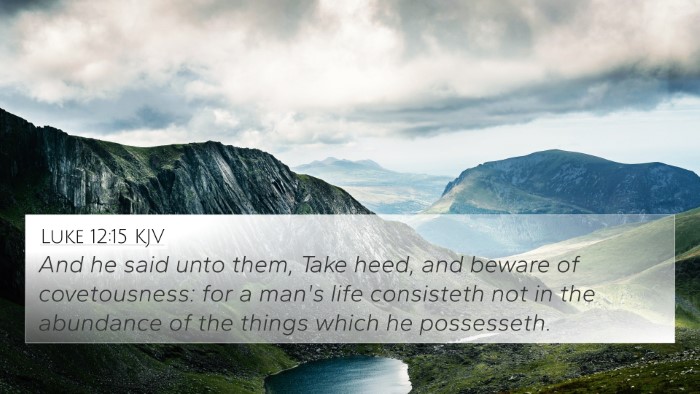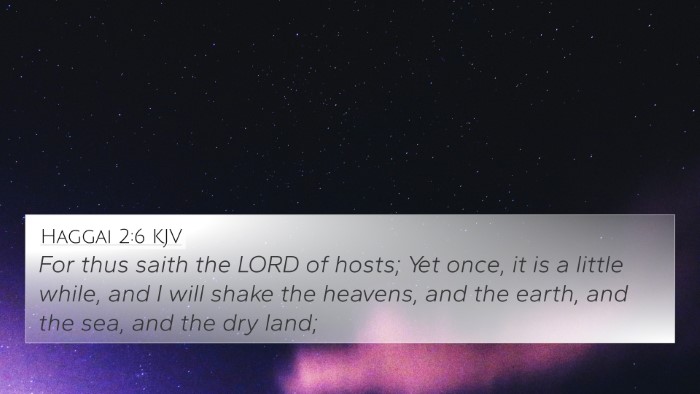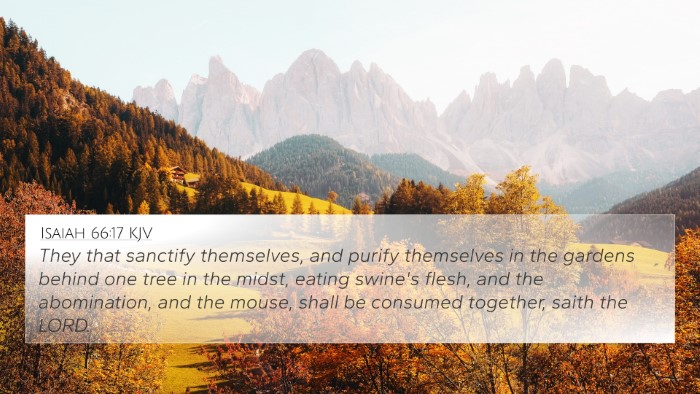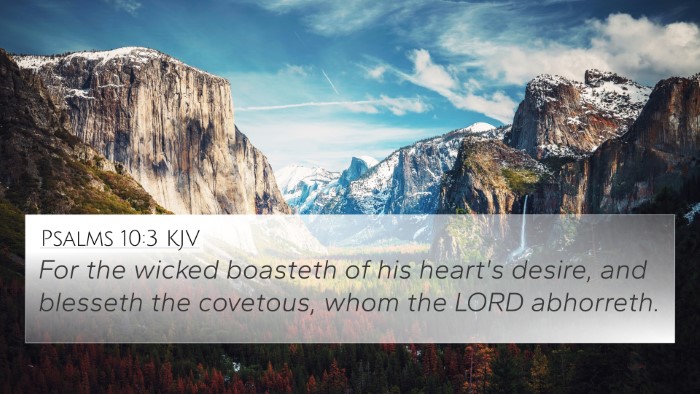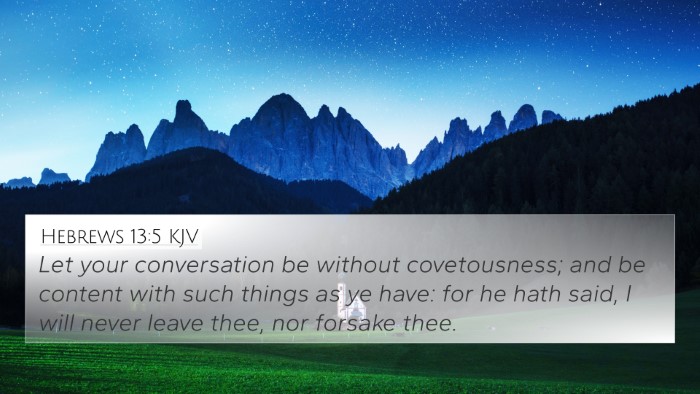Understanding Leviticus 11:29
Verse: Leviticus 11:29 states, "These also shall be unclean unto you among the creeping things that creep upon the earth; the weasel, and the mouse, and the tortoise after his kind." This verse is part of the dietary laws laid down by God to the Israelites.
Summary of Meaning
This verse highlights specific animals that are considered unclean, reinforcing the broader theme of holiness and separation from impurity that is prevalent in the book of Leviticus. The dietary laws serve not just as guidelines for health but as a means to maintain spiritual purity among God's covenant people.
Insights from Public Domain Commentaries
-
Matthew Henry:
Henry notes that the designation of these creatures as unclean serves as a reminder of God's sovereignty over creation. The laws serve to remind Israel of their special status as the chosen people, called to live according to God's commands.
-
Albert Barnes:
Barnes emphasizes that these creatures are a part of the broader injunction against eating things that are considered defiled. He draws attention to the spiritual implications of these dietary restrictions, reflecting a deeper moral and ethical separation prompted by divine instruction.
-
Adam Clarke:
Clarke expands on the categorization of these animals, providing detailed commentary about the significance of the weasel and mouse, particularly in ancient Israel. He explains that such distinctions were not merely arbitrary but served to create a distinct identity for the Israelites.
Bible Cross-References
Leviticus 11:29 connects with various other scriptures that shed light on purity, dietary laws, and cleanliness:
- Deuteronomy 14:7-8: Lists other unclean animals, reinforcing the dietary code.
- Isaiah 66:17: Warns against eating the flesh of swine and other unclean things.
- 1 Peter 1:16: Reminds believers of the calling to be holy as God is holy, capturing the essence of separation from the unclean.
- Mark 7:19: Jesus teaches about what truly defiles a person, expanding the concept of cleanliness beyond dietary restrictions.
- Acts 10:12-15: Peter's vision allows for a re-evaluation of clean and unclean animals, symbolizing broader acceptance in the New Covenant.
- Romans 14:14: Paul discusses the importance of personal conviction regarding dietary choices in relation to faith.
- Hebrews 10:1: Connects the sacrificial system with the need for a greater cleansing through Christ.
Thematic Connections
The themes presented in Leviticus 11:29 resonate throughout both the Old and New Testaments, establishing a dialogue about purity, holiness, and the believer's call to live a life set apart for God.
Understanding the connections between Bible verses enhances our grasp of how various passages interplay to form a cohesive understanding of God’s revelations. The dietary laws serve not only as practical guidelines but also as profound spiritual symbols that transcend time and culture.
Cross-Referencing Methods
In studying Leviticus 11:29, one can utilize various tools for Bible cross-referencing, such as a Bible concordance or a Bible cross-reference guide. These resources enable deeper examination of how this verse interacts with others that deal with themes of holiness and divine call.
A comprehensive understanding of such cross-referencing Bible study enhances the reader's ability to link scriptures effectively, promoting a more profound appreciation of the narrative continuity within the Bible.
Conclusion
Leviticus 11:29 invites readers to consider the broader implications of God’s instructions to Israel. By engaging with the cross-references and the rich commentaries provided by biblical scholars, believers can explore the depth of meaning in this scripture. The themes of cleanliness, holiness, and separation from sin continue to resonate as guiding principles in the life of faith.
